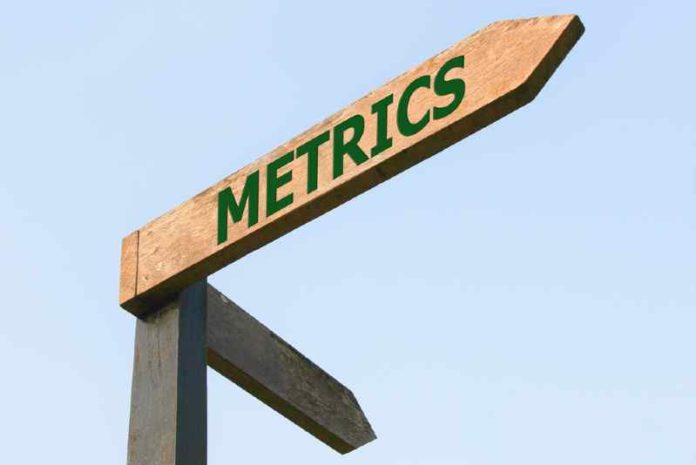For your e-commerce venture to be successful, you need to be aware of who your customers are; what they want; and how to reach them. It’s not enough to have a fantastic product – because it’s only great if people want to buy it!
Therefore, once you’re ‘out there’ with your product, or service, tracking the results of your efforts is essential. By doing so, you will build a compelling picture that will determine many of your future decisions and actions. And those decisions can lead to either success or failure in your business.
There are many metrics you could look at. However, not all metrics are created equal. So, we’ve highlighted the six we believe to be non-negotiable when tracking how your online customers are using your site and your ads.
1. CTR
CTR (Click Through Rate) is the number of clicks you receive, per viewing of your ad. A view is more commonly referred to as an ‘impression’. And, the higher the CTR the better; as it not only affects your Quality Score, but also how much you pay each time your ad is viewed.
Benefit of this metric: When you start to build a clear picture of the ads people are clicking on, you can create more of the same; ensuring continued success.
2. Time spent on page
The goal of any e-Commerce site is to engage customers with useful information and encourage them to buy your product(s). If you can keep them engaged they’ll be willing to explore the rest of your site to discover more about your company and what you can offer them.
Benefit of this metric: If you know the length of time users are spending on each page you can determine what, exactly, is keeping them there, and continue to offer more of the same. An engaged user is highly likely to convert more easily to a buying customer.
3. Conversion Rate
CR is an important metric to be aware of, whatever you’re selling. It refers to the number of people visiting your site and how many of them decide to make a purchase.
Benefit of this metric: It makes you aware of your success in real-time. If you identify your conversion rate is dropping you can react and address issues immediately.
It enables you to plan and budget; and adjust your sales drive or focus when necessary.
4. Bounce Rate
When people only visit one page on your site, it’s referred to as the Bounce Rate. Ideally, you want your customers to be moving across as many pages as possible. Because the more information you share with them, and the longer they stay, the higher the possibility they will take a step towards making a purchase.
Benefit of this metric: Knowing you have engaged customers will reassure you you’re delivering the right kind of information to encourage sales – or not!
5. New Users
A new user is as the name suggests: a visitor to your site that hasn’t previously been there. They can be identified through Google Analytics cookies.
Benefit of this metric: Knowing the number of new visitors to your site will show how effective your marketing is. However, you must remember to consider deleted cookies.
6. Source
Do you know where your customers are coming from? How they’re finding you? It’s essential that you do; because only then can you build an informed decision on how to reach more of the same.
Benefit of this metric: Knowing who your customers are and where they ‘hang out’ online will enable you to market your product/services to the right audience In the most cost effective and efficient way.
Asking the right questions will garner the best answers
In our experience at The Good Marketer, the six metrics we’ve listed are what we know can determine more informed decision making through tracking; and lead to better results. However, the most important factors to consider before deciding which Customer Metrics to track for your business, are:
- Your line of business
- Where you are in your business journey
- What your goals and objectives are
Once you’re sure on these – and trust us, although the first question may seem obvious, it can sometimes take a few twists and turns in your business journey before it becomes clear where your niche lies; you can then determine the metrics that will answer the question to achieve your business goals.
By asking the right questions you’re more likely to get to useful answers that will help determine which Customer Metrics you should track.
Tom Welbourne is the Founder & Director of The Good Marketer. A Marketing Agency in London which drives traffic, generates conversions and increases sales for Small-To-Medium Sized Businesses. The Good Marketer is a Marketing Agency in London which drives more traffic, generates conversions and increases sales for Small-To-Medium Sized Businesses. @goodmarketer_
Customer metrics stock photo by Fabrik Bilder/Shutterstock







